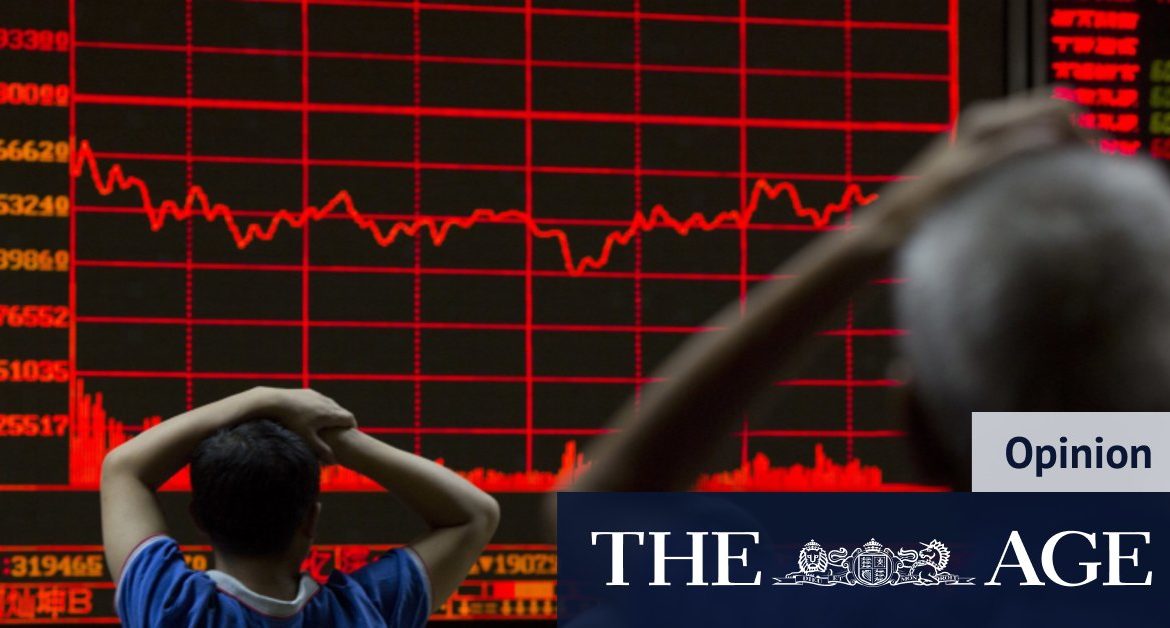Loading
The proof of this is the unimaginable improvement in the living standards and amenity of ordinary people over the 260 years since the rise of capitalism brought on the Industrial Revolution. Have many rich families done well over that time? Yes. Is that a reason to regret what’s happened? Hardly.
One thing I’ve learnt is that when the market system is working well, it’s the consumers rather than the capitalists who end up the big winners. The entrepreneurs imagine they’ll profit hugely from some new technology but in the end, many of them go out backwards, leaving the customers with some new and better product at reasonable prices.
You can see this in the spread of railways, electricity, the motor car and, despite the big profits of a handful of big tech companies, the spread of the internet. E-commerce has benefited customers far more than it has the promoters of many apps and websites.
What causes this is competition between all the firms crowding into the new market intent on making a killing. In the end, competition between them forces down consumer prices and whittles away profits. We too often forget the way online retailing is not only yielding greater convenience but also narrowing profit margins in retailing and shopping-centre ownership.
Loading
But to say the market system is the best one available, and that we should stick to it, is not so say it works perfectly and can’t be improved. It’s intellectually lazy to seek the answer to a complex question at one extreme or the other. The best answer is somewhere in the middle, but always hard to find.
So the choice we face is not between naked capitalism or stifling socialism. We’re recovering from a damaging period of market fundamentalism in which it was assumed that the market system is all knowing and all powerful, with government intervention in the market the only reason it could go awry.
Superstitious nonsense. Though market forces are more powerful than their socialist detractors realise, the notion that business can never act in ways that are contrary to its own longer-term interests, let alone ours, is equally foolish. It shouldn’t have taken the devastation of the global financial crisis and Great Recession to make us relearn that lesson.
The private sector is susceptible to debilitating fads and fashions, and market economies are not self-stabilising, needing much assistance from government fiscal (budgetary) as well as monetary (interest-rate) policies. How did we forget this simple truth?
Intense competition between firms is the vital ingredient that keeps profit margins from becoming excessive and spurs innovation. But the pursuit of economies of scale makes firms ever bigger and more powerful, and business has a long record of seeking ways to reduce competition – of seeking special favours from governments, including excessive protection of intellectual property.
Economists and governments went for too long assuming weaker worker bargaining power and lower wages would be good for economic growth, while a widening gap between high and low incomes would do it no harm.
And that’s before you get to our wilful refusal to accept that, without government help, the price mechanism has no way of responding to the threat of climate change. We have much maintenance to do to return capitalism to good working order.
Ross Gittins is the economics editor.
Business Briefing
Start the day with major stories, exclusive coverage and expert opinion from our leading business journalists delivered to your inbox. Sign up here.
Ross Gittins is the Economics Editor of The Sydney Morning Herald.
Most Viewed in Business
Loading







